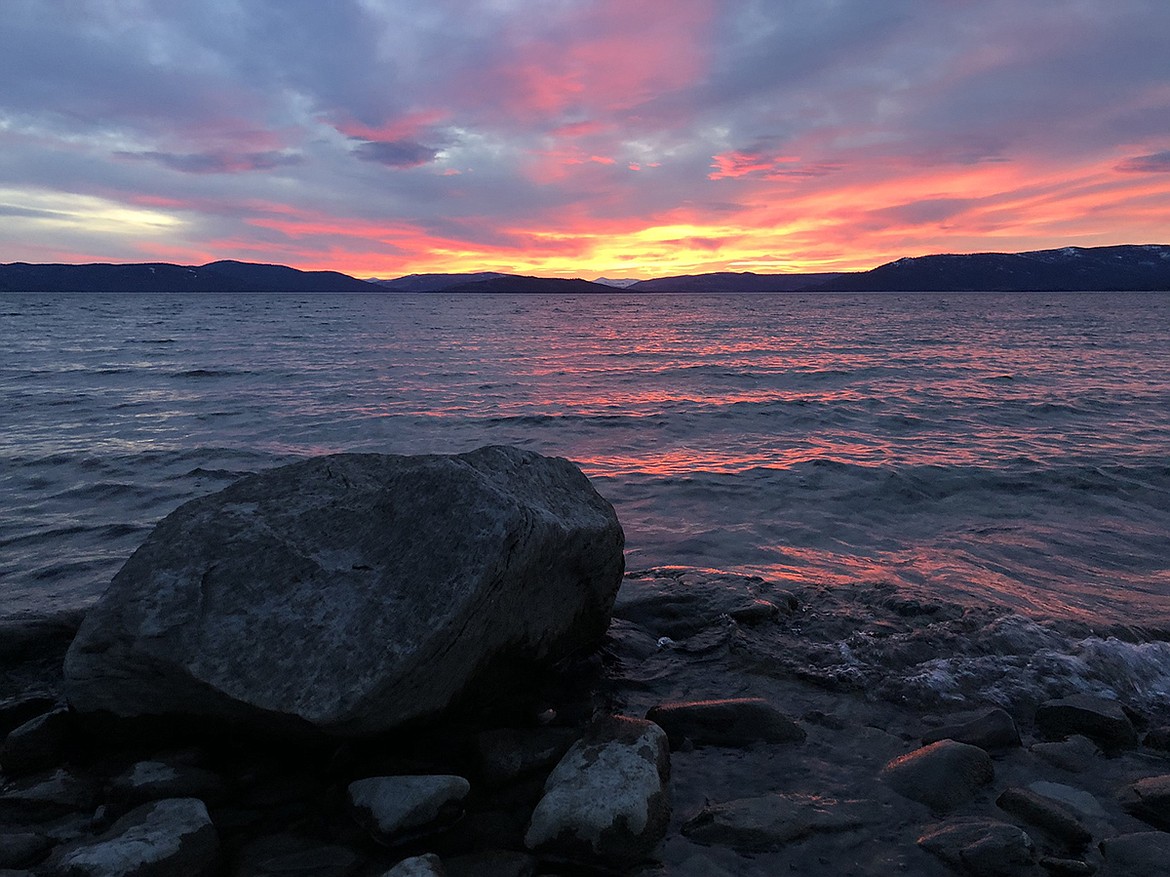New program will help citizen-led groups monitor water quality
The Flathead Lake Biological Station soon will launch a new program aimed at providing scientific expertise, guidance and funding to citizen-led watershed groups in Montana in order to build capacity for freshwater monitoring and ensure the use of scientifically sound methodologies.
The new program, Monitoring Montana Waters (MMW), will be funded by PlusFish Philanthropy, a private organization based in the United States that is dedicated to protecting healthy aquatic ecosystems...
Support Local News
You have read all of your free articles this month. Select a plan below to start your subscription today.
Already a subscriber? Login
Daily Inter Lake - everything
Print delivery, e-edition and unlimited website access
- $26.24 per month
Daily Inter Lake - unlimited website access
- $9.95 per month

